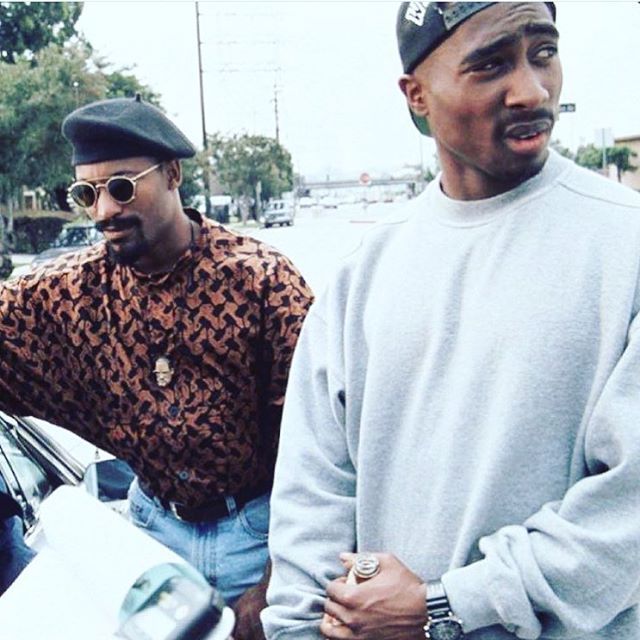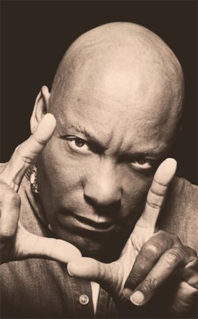
When news first spread of John Singleton suffering a stroke at age 51, it felt like I had been blindsided by a flying brick. Partly because of his young age, but mostly because Singleton’s films played a key role in my youth.
His debut film Boyz n the Hood came at a pivotal time of change. Like an unexpected grenade, it exploded into pop culture consciousness just as the traditional notions of black viability in Hollywood were being challenged. The Cosby Show and In Living Color were proving that black led comedies could be ratings hits; and Spike Lee’s Do the Right Thing (1989) and Reginald Hudlin’s House Party (1990) were redefining blackness on the big screen.
It was an important time for me personally as well. I was 13-years-old and, like most of my teenage peers, beginning the complex journey of discovering one’s identity. While thankful there were no gang issues to deal with like youth in Singleton’s Boyz n the Hood, my friends and I identified with much of the South Central, Los Angeles set coming-of-age tale. Its representation of systemic racism, single-parent struggles, and the desire to overcome one’s surroundings hit us to the core.
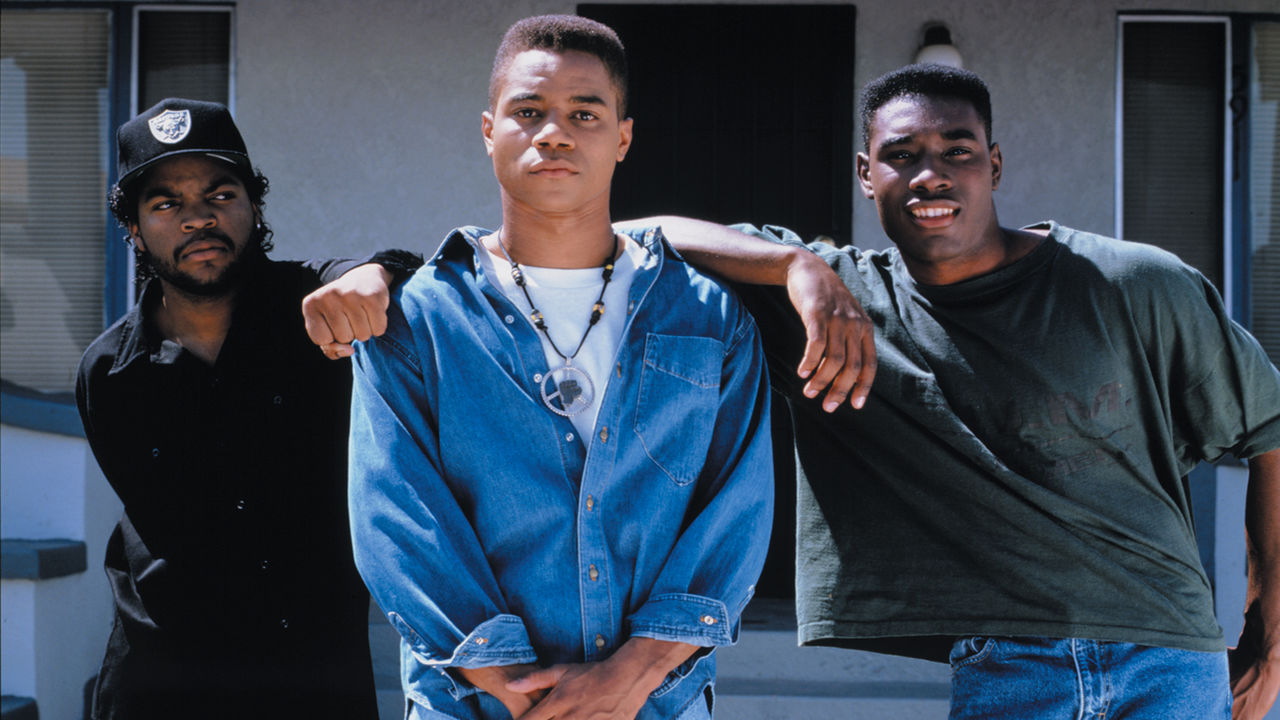
Though many in the media tried to portray the then 23-year-old as the next great voice in black cinema, to us he was simply a guy that spoke to our generation. He provided a platform for our favourite musicians to show their versatility as actors and, more importantly, he depicted our lives through a lens rarely highlighted in cinema.
Rather than rest on his laurels as two-time Academy Award nominee, Singleton switched gears and gave us Poetic Justice. The romantic drama not only focused on the tenderness of black love, but also used the star power of Janet Jackson and Tupac Shakur, in the lead roles, to open dialogue on social issues, depression and grief. His sophomore film cemented him as an artist who refused to be confined to any one box, a point he hit home with the racially charged 1995 drama Higher Learning.
While my initial response to the film was lukewarm, the full weight of Singleton’s exploration of education, racial tension and rape culture on university campuses truly hit me two years later when I was in university myself. Revisiting the film again at a movie marathon event at my predominantly white university, Higher Learning’s flawed brilliance shined through. It forced the visibly squirming audience to reflect, even for a moment, on the nature of privilege and inequality in its various forms.
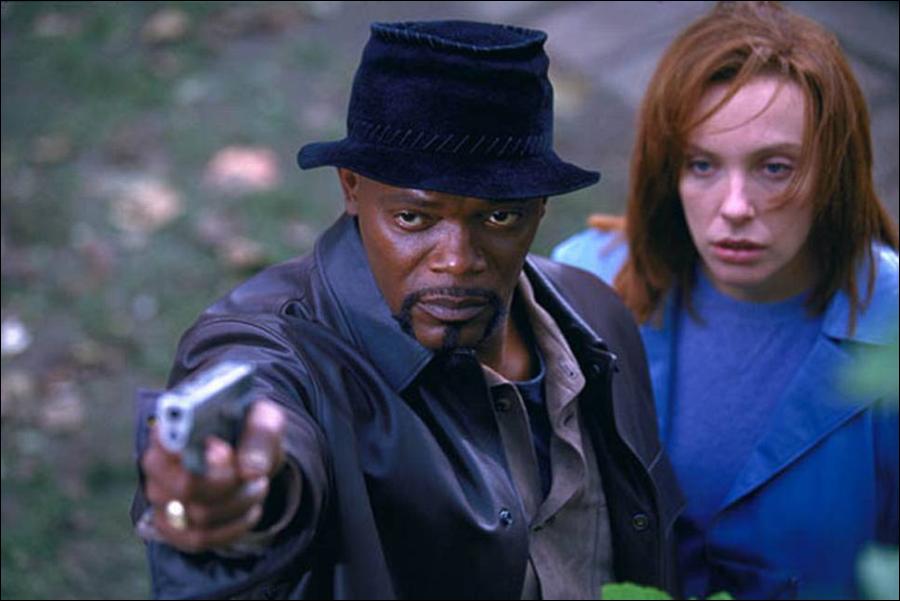
If much of Singleton’s works in the 1990s were focused on racial tensions, capped off with his 1997 drama Rosewood, which explored America’s history of lynching black bodies; then the 2000s is where the director strived to show studio executives that directors of colour could handle mainstream films and bigger budgets.
He boldly took on a reboot of the iconic blaxploitation film Shaft, which featured Samuel L. Jackson in the lead role of John Shaft (the nephew to the original played by Richard Roundtree, who makes a cameo), with a confident swagger. Though Shaft received mixed reviews, the film had its charm thanks to the talented ensemble that included Christian Bale, Vanessa Williams, Toni Colette and Jeffrey Wright. Budgeted at $45 million, Shaft went on to make 107 million worldwide.
While his next film Baby Boy, the first of three straight films he would make with Tyrese Gibson, was a modest hit at best, Shaft’s success clearly played a factor in Singleton being handed the keys to The Fast and the Furious sequel 2 Fast 2 Furious.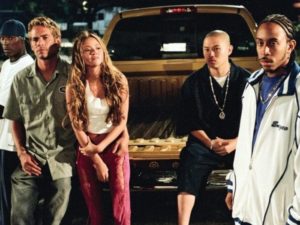
Arguably the worst film in the franchise, 2 Fast 2 Furious still stands as one of my most entertaining theatrical experiences as I had the pleasure of seeing the film with a very interactive audience while on vacation in Barbados. Although the original film was a massive surprise hit, expectations were low for the sequel as Vin Diesel and director Rob Cohen had left the project. However, Singleton took his $76 million budget and drove it to a sensational $232 million gross worldwide. In doing so he proved that the budding franchise had far longer legs than anyone anticipated.
Continuing his foray into action filmmaking with the Four Brothers and Abducted, a commercial hit and a commercial bomb respectively, Singleton’s distinct voice was always present. He used his clout to help produce diverse works such as Black Snake Moan, Hustle & Flow and the series Snowfall. Singleton understood that minorities were not only bankable in Hollywood but could bring added value and nuance to so many stories that studios left untold.
John Singleton was more than a director, he was a man who helped to inspire a generation that often felt unseen in the media we consumed. He saw us, championed us, and believed in our infinite potential. He is one of the reasons why I still carry a passionate love for cinema to this day.
